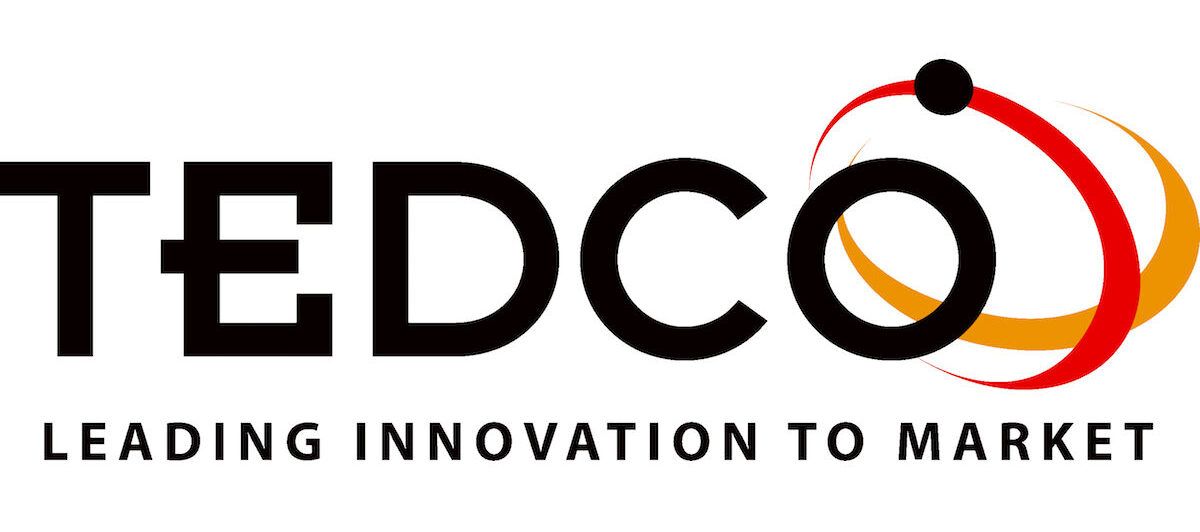Maryland Trade Mission to South Korea Attracts New Companies to the State
Weeklong mission focused on boosting economic and tourism ties, strengthening the Maryland-Korea relationship with cultural and educational partnerships
BALTIMORE, MD (September 11, 2017) – A weeklong trade and diplomatic mission to South Korea led by officials from the Maryland Department of Commerce and the Secretary of State’s office concluded Friday with announcements that Maryland has attracted two new companies from South Korea. A follow-up to Governor Larry Hogan’s 2015 trade mission to Asia, which included stops in South Korea, China, and Japan, this mission was aimed at increasing trade and investment between South Korea and Maryland and strengthening cultural and diplomatic ties. First Lady Yumi Hogan, who is the first Korean-American First Lady in the United States, accompanied the delegation.
“This successful mission has been an excellent opportunity to highlight the special relationship between Maryland and Korea, and to find additional ways to strengthen the already-flourishing cultural and economic ties of our regions,” said The First Lady.
Fasoo, a Seoul-headquartered leader in document security, application security, and document management, announced plans to move its U.S. headquarters from East Brunswick, New Jersey to Bethesda. The move is scheduled to take place this month and the company will bring seven employees to the state.
“The quality of the Maryland workforce is why we’re moving from New Jersey. The high concentration of skilled and experienced information security professionals in the corridor between Washington, D.C. and Fort Meade is one of the biggest factors in the decision to shift our North American operations,” said Dr. Kyugon Cho, Fasoo’s founder, chairman, and CEO.
In addition, Green Cross Cell, a Korea-based publicly-traded cancer immunotherapy products developer and an affiliate of the country’s largest pharmaceutical groups, signed a MOU with Maryland Commerce committing to establishing its first U.S. subsidiary in Maryland. This will be the company’s only business operation outside of Asia.
Also opening an office in Maryland will be the Korea Innovation Center (KIC), which plans to establish a presence in Montgomery County to support biotechnology and healthcare entrepreneurs. KIC is operated by the Korea Ministry of Science and ICT and provides assistance to Korean start-ups and entrepreneurs. Additionally, KIC committed to retaining its Bio Acceleration program in Maryland, subject to annual National Assembly appropriations. The program brings teams of up to 10 Korean biohealth IT start-up executives, technicians, and regulatory affairs officials to the U.S. for several weeks of training, mentoring, and introductions to the U.S. market, particularly in the area of technology commercialization. The first weeks-long session of KIC’s Bio Acceleration program was held successfully in Baltimore this past spring.
Throughout the week, the Maryland delegation met with multiple executives representing the tourism industry, as well as prospective business investors from large multinational corporations and small businesses. These meetings included addresses to the Korean Information Security Industry Association (KISIA), the largest representative body of the country’s private sector cybersecurity community; K-Biz, the Federation of Korean small businesses; and the Korea Trade-Investment Promotion Agency (KOTRA), which is comprised of executives of more than 30 life science, information technology, and infrastructure product and service companies.
The mission concluded with a reception at the U.S. Ambassador to the Republic of Korea’s residence in Seoul. Attending the reception were more than 75 business leaders and officials from Maryland and South Korea, giving the delegation an opportunity to promote the many advantages of doing business in Maryland, particularly in the life sciences and high-tech fields.
The reception featured a check presentation by the First Lady and Maryland Deputy Secretary of Commerce Ben Wu to TissueGene, Inc., a Rockville-based advanced cell therapies company that has developed a first-in-class cell and gene therapy targeting osteoarthritis (OA) of the knee. The $750,000 grant from Maryland’s Stem Cell Research Fund, administered by TEDCO, was announced earlier this year and will help the company conduct Phase III clinical trials in the United States for its product Invossa™, a first-in-class cell and gene therapy targeting OA of the knee through a single intra-articular injection. In July 2017, Kolon Life Science, Inc., TissueGene’s exclusive licensee for Asia, received South Korean MFDS marketing approval for Invossa-K Inj.
Woosok Lee, TissueGene’s president and CEO, said, “As a Maryland-based company with roots in South Korea, TissueGene is honored to be recognized by Deputy Secretary Wu and First Lady Hogan during this important trade mission. The state of Maryland has consistently demonstrated its commitment to supporting innovative therapies such as Invossa™, which could potentially be the world’s first disease-modifying drug for treating osteoarthritis of the knee.”
About Maryland Commerce
The Maryland Department of Commerce stimulates private investment and creates jobs by attracting new businesses, encouraging the expansion and retention of existing companies, and providing financial assistance to Maryland companies. The Department promotes the State’s many economic advantages and markets local products and services at home and abroad to spur economic development and international investment, trade and tourism. Because they are major economic generators, the Department also supports the Arts, film production, sports and other special events. For more information, visit commerce.maryland.gov.
###
Media Contact:
Karen Glenn Hood
Karen.glennhood@Maryland.gov
(410) 767-6318



